Dear People of Penang, Let's Support Creativity (MAY 2021)
By Alexander Fernandez, Lim Sok Swan
COVER STORY
THE CREATIVE ECONOMY relies heavily on transforming ambitious ideas into marketable products and solutions. In Penang, however, this sector continues to struggle for a firm footing in the state’s ecosystem.
Granted, the very nature and process of creating is not as easily understood before monetary value is affixed to it. But with a Creative Economy portfolio being recently introduced by the Chief Minister, it is hoped that a bolder and imaginative train of thought on the matter will develop.
What is a creative economy? Malaysia’s National Creative Industry Policy understands the term under the three broad categories of Multimedia Creative, Culture Art Creative and Culture Heritage Creative.

The promotion of Penang’s creative products has gained in strength during Covid-19, through the integration of multimedia and media. But a pervasive sense of ennui refuses to dissipate, and we see this most obviously in the repeated inclinations to replicate and recycle local handicrafts and artworks. This, in turn, causes their production value to stagnate or worse, slump.
Proactive strategies are needed to stimulate the local creative economy if it is to elevate and brand itself on the international platform. But what developments should Penang strive for to forge such an economy?
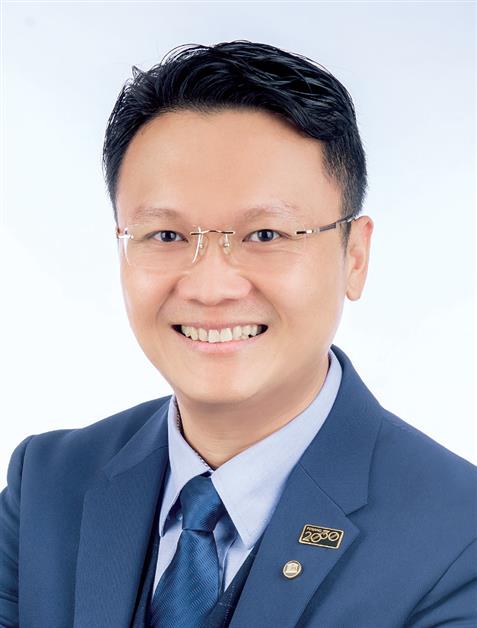
The State Starts Talking Creativity
Under the Tourism and Creative Economy portfolio, two capacity-building programmes have been launched to upskill talents and brighten the local creative ecosystem.
“The Journey of Art provides local talents the opportunity to strive beyond conventional retail boundaries and to transition their businesses to online platforms, effectively opening up new income streams. At the same time, the Innovation and Creative Entrepreneurship Programme equips creative practitioners with industry knowledge for future endeavours. Aside from developing responsive policies, we hope that these programmes can encourage and inculcate industry players with agility, adaptability and flexibility to not just survive, but thrive in this ever-changing landscape,” says state executive councillor Yeoh Soon Hin, who is in charge of the Creative Economy portfolio.
Yeoh also harbours hopes that for the long term, Penang’s creative economy will be able to leverage local art and cultural assets to introduce a homegrown “Made in Penang” label, starting with the branding of George Town Festival as a “Festival for All".
Look Around, Creativity is Everywhere!
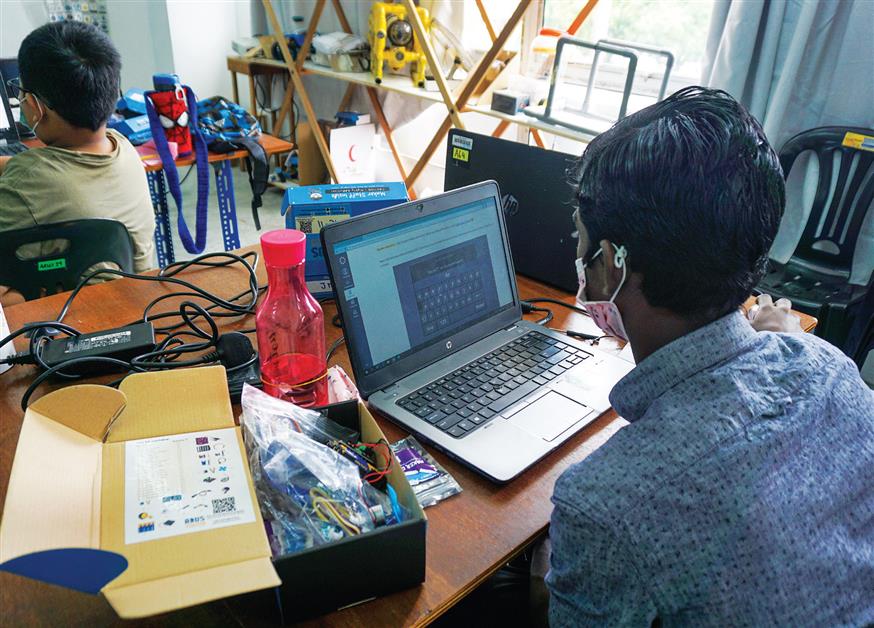
Creativity was never just visible in the arts sphere or in Penang’s case, in the preservation and conservation of its heritage and culture. Thrust into an uncertain clime, industries from technology to education have had to rely on imagination and ingenuity to ride out the effects of the Covid-19 pandemic.
The social enterprise Arus Academy is no exception. The Academy is cofounded by fellow alumni of Teach For Malaysia Daniel Russel, David Chak, Felicia Yoon and Alina Amir; and uses methods that are multidisciplinary and experiential to make learning relevant.1
When the MCO was enforced on March 2020, physical classes, including STEM lessons for children, had to be cancelled for two weeks. Creative circumnavigation later became necessary when the two weeks stretched into months. Learning processes were simplified and today, the Academy adopts a blended learning approach of physical and online classes.
“We also came to realise that educators, especially the more senior ones who had become so accustomed to teaching in physical classrooms, suddenly found themselves at a loss when they had to transition online,” says Chak. This inspired the Academy to host a series of online training webinars, with the support of Google Malaysia, to assist teachers in upskilling themselves. The webinars ran throughout April 2020, and reached as many as 25,000 teachers.
Gradually, the initiative also evolved into other forms of training programmes. The Komuniti Guru Digital Learning facilitates digital content creation and exposes teachers to virtual learning platforms; Future Skills For All empowers the learning of computational thinking and programming skills; the media and information literacy programme Media Education For All aims to counter information disorder; and lastly, Fun(d) For Life guides educators on teaching financial literacy as a school subject.
Creativity Requires an Ecosystem to Thrive

For an art form to be guaranteed sufficient demand, it needs to be attached with fiscal value. Lamentably, aesthetic and artistic value is still met with indifference here in Penang. This is seen especially in the undervaluation of the work of designers and content creators. For Penang’s performing artists, present conditions have been undeniably tough. Many have had to hold down multiple jobs to make ends meet while others have been forced into switching careers, further diminishing the already shrinking performing arts scene. For a lucky few, however, the situation proved an opportunity to combine two passions into a sustainable business lifeline.
Teochew Puppet and Opera House
Ling Goh of the Teochew Puppet and Opera House decided to take a leap of faith and opened along Lebuh Carnarvon her opera-themed café Lai H'ng earlier this year. It serves traditional Teochew desserts and pastries that are often sold during temple rituals or at opera shows. To gain entry to the café, customers must first sound the gong at its entrance.
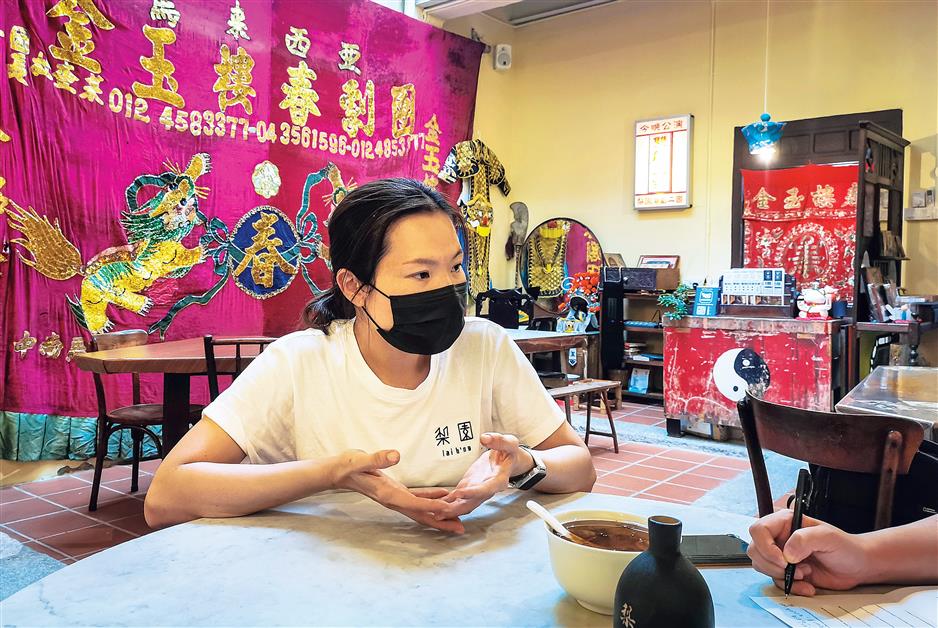
Goh says she is managing well in spite of the pandemic, but adds that the food and beverage industry has its distinct set of challenges. “Sometimes, preparing for a performance feels a little easier than managing a café, where I have to keep an eye on the quality of food, the service and my staff,” she says with a smile.
Goh decorated the interior of Lai H’ng with props from her puppet shows and the opera stage which she hopes will provoke interest among her customers in the art form. The café isn’t Goh’s first attempt to deviate from “traditional” performing venues, she says. “I’ve also performed at theatres and bars to disparate groups of audience, in hopes of progressing as a modern artist. But this is difficult to do since we still have an immature creative ecosystem.”
Currently, Goh juggles between teaching opera classes and overseeing the management of Lai H’ng. But she is eagerly looking forward to when she is able to return onstage once more.
penangpac

Formed in 2011, the Performing Arts Centre of Penang, or penangpac, has been vital in supporting various performance activities in Malaysia’s northern region, but its future has been thrown on precarious grounds. Show cancellations since March 2020 very quickly drained the venue of its main revenue stream. Manager Alexander Ooi shares that expenditures for internal productions and to maintain daily operations (e.g. rental, utility and maintenance) can amount to a sizeable RM64,700 each month. Separately, salaries of its 12 employees (who were forced to take a compulsory pay cut of 30%) and other administration costs total to RM 47,700 per month.
To keep from folding, penangpac was forced to take loans from its co-founder, The Actor Studio; and relied heavily on donations after launching its two campaigns, Do You Have A Ringgit to Spare (2020) and Patron of the Arts 2021. Through the goodwill of the Penang public, penangpac managed to raise RM76,908.51; and as of April 2021, it passed its RM100,000 target after a generous contribution of RM60,000 came from the Chief Minister.
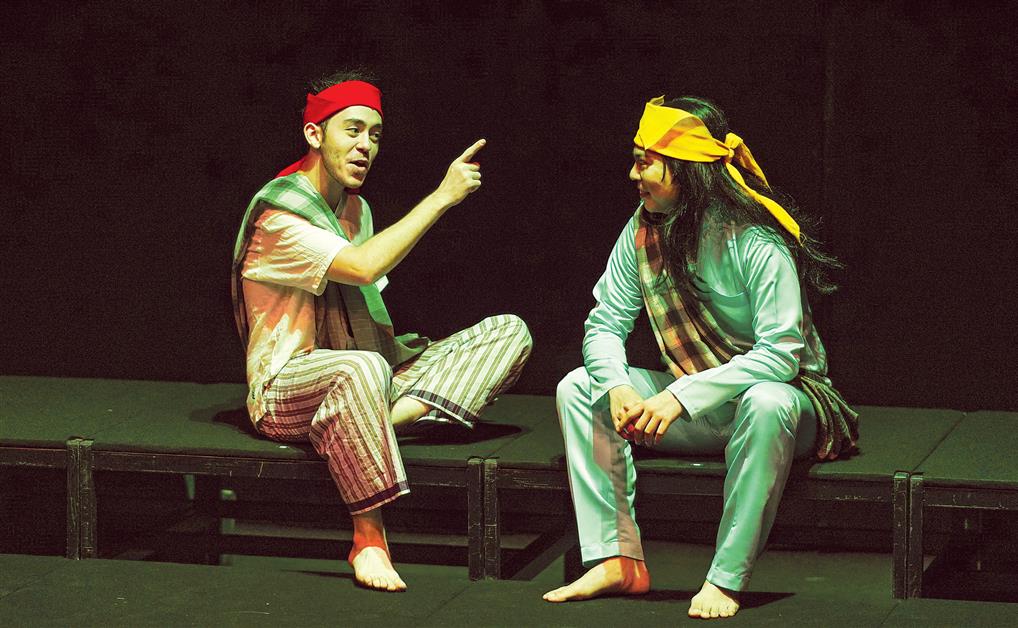
Ooi adds that E&O (co-founder and site owner of penangpac) has also allowed the venue “to suspend” payment of rent and utilities. But if the situation worsens, it is likely that penangpac will cease operations for good.
Sometimes, Manoeuvers Don’t Go as Planned
Once, the hidden Manchu Bar thrummed with crowds of customers and live musical performances. Now, it operates as a restaurant. Shutting down was never a consideration for Joel Tan and his two partners, who swiftly converted the bar into an Italian-Chinese fusion eatery during the Covid-19 pandemic. But the physical bar still remains to whip up specially curated cocktails and beer for customers.
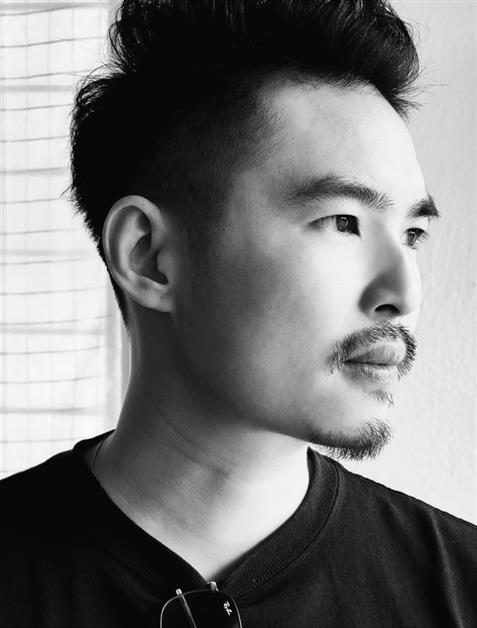
The conversion, however, came at a hefty cost. Dining furniture, as well as licenses for restaurant operations and to sell liquor had to be procured. Dim lightings were replaced with brighter ones to comply with SOPs that require eating establishments to be well-lit. The kitchen underwent a renovation and new members were added to the existing staff. When the restaurant was fully up-and-running, logistical issues had to be managed when the supply of certain ingredients such as wagyu steaks could not be flown in or shipped on time because of the pandemic.
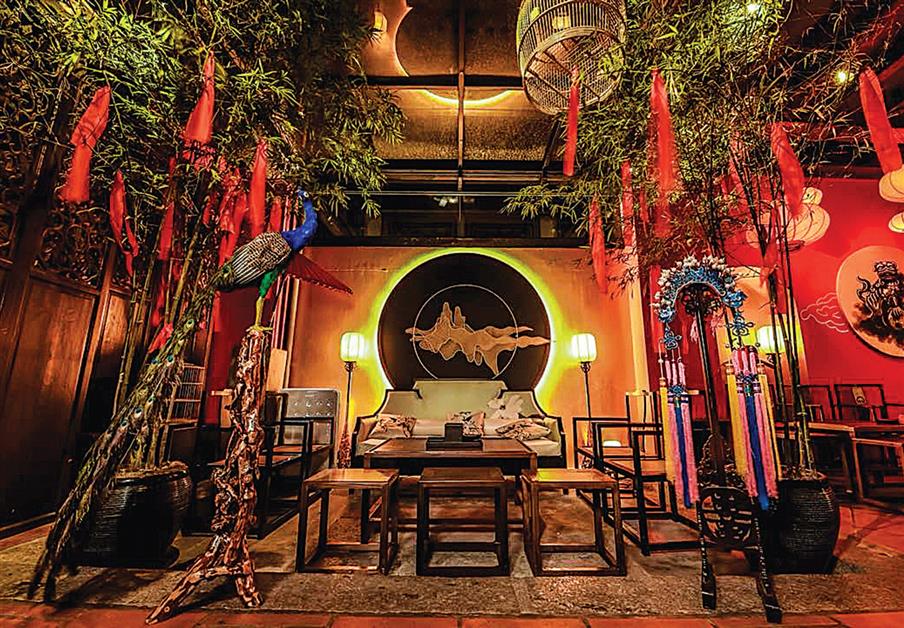
Pre-Covid-19, Penang’s bars were for tourists a place to unwind after a day of sightseeing. “If the post-Covid-19 travel boom does indeed happen, where will the tourists go for entertainment then if one by one, our bars are forced to close?” wonders Tan. He understands full well the challenges of operating a bar during these times, e.g. the disregarding of physical distancing measures due to the influence of alcohol. But with tighter security and stricter SOPs in place, Tan hopes to reconvert Manchu back into a bar and what’s more, he now has a kitchen to cater to a dinner crowd as well!
Alexander Fernandez

is a budding plant enthusiast, feline fanatic, Netflix junkie and gaming buff. He hopes to one day travel to Japan.
Lim Sok Swan

is currently focusing on heritage studies. She believes that more understanding among different groups and cultures can make Malaysia a better home for all.



